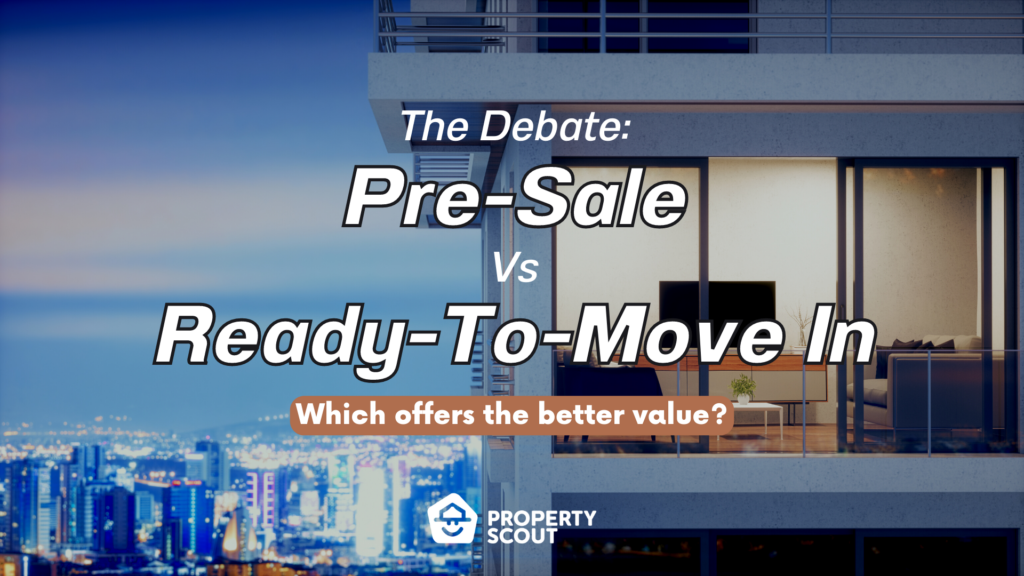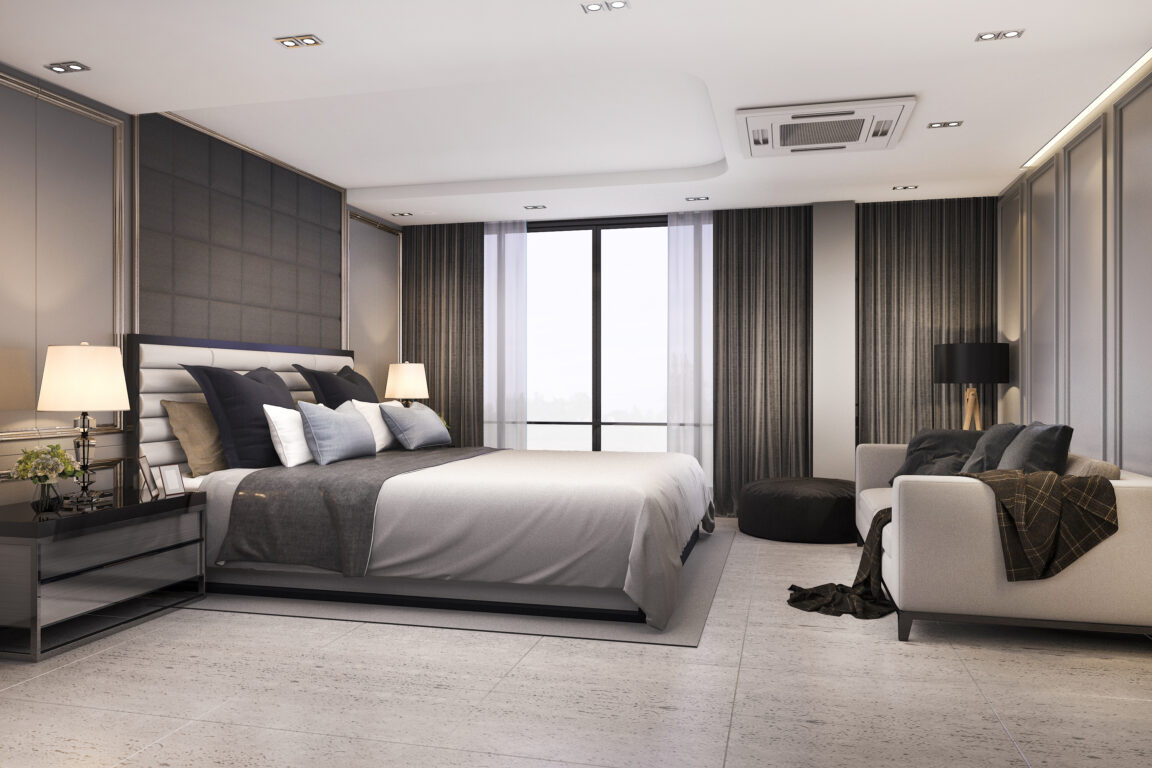In Short
Advice
Are you in the market for a new condo but can't decide between a pre-sale or a ready-to-move-in unit? Both options have their own unique set of benefits and downsides, and the right choice ultimately depends on your personal preferences and financial situation. In this article, we'll explore the key differences between pre-sale and ready-to-move-in condos, and help you determine which one offers the best value for your money. Whether you're a first-time buyer or an experienced real estate investor, this guide will provide the information you need to make an informed decision. So, without further ado, let's dive in and explore the world of pre-sale and ready-to-move-in condos!

Pre-Sale
A pre-sale condo is an unfinished condo project (or hasn't begun construction at all) which has been listed for sale during the one or two-year wait. The developer will provide a 3D render of the unit followed by the floor plans to help with the decision-making process. Pre-sale buyers will be treated with considerably cheaper prices compared to when the condo has finished its construction.
How to purchase a pre-sale condo
Most projects will offer a pre-sale period in which customers can make their reservations early. Once reservations are made, the developer will put out a proof of reservation to confirm ownership and continue the construction once the pre-sale goes all according to plan.

The benefits and downsides of purchasing a pre-sale condo
Pros
- Cheaper prices during unfinished construction, to which most developers would even offer promotions and offers to capitalize on customers' demands.
- Wide array of units to choose from due to none of them being owned or at least reserved.
- More units to choose from as compared to when the construction has finished.
- A good chance for investors thanks to cheaper prices during the construction waiting period, allows investors to make more profit than existing ready-to-move in condos.
Cons
- Concerns over EIA status on whether or not the project meets environmental standards. Make sure to check the credibility of the developer.
- Uncertain construction finishing date, potential postponement.
- Potential changes to the unit reserved.
- Concerns over false advertising.
- Not suitable for customers who want to urgently move in.
Ready-To-Move In Condos
As the name suggests, a ready-to-move in condo is an existing condo that's been finished and ready to move in once you move in after all payments have been fulfilled.
How to purchase a ready-to-move-in condo
All you have to do is choose any of the available units you would like, pay the reservation fees, submit a credit request. Once the credit request is successful, you will then be given permission to inspect the unit and finally be allowed to move in.

The benefits and downsides of purchasing a ready-to-move in condo
Pros
- No worries over false advertising since you can inspect the condo and its unit(s) in person.
- No worries over EIA status as the building has been completely finished.
- Ideal for people who urgently want to move in, you will even have the option of going for fully furnished or fully fitted to ease the burden of having to self-furnish the unit upon moving in (for urgent tenants and buyers).
- Ideal for those who want to move in quickly, you even have the option of fully furnished or fully fitted depending on your urgency.
Cons
- More expensive than purchasing during a pre-sale period.
- Less unit availability to choose from compared to pre-sales, you may instead have to wait for a unit that's being sold off by a previous tenant/owner/resident.
Conclusion
Ultimately, whether you're going for a pre-sale or ready-to-move in purchase, it all depends on your urgency to move in, your patience, and your budget. If you would like to move in quickly (even considering a fully-furnished option for the unit) and if you can afford to spend the money, then you will be happy with going the quick route via purchasing a ready-to-move in condo. On the contrary, if you can be patient and you might not be able to afford to pay the full price once the project and/or units have finished its construction, then purchasing during a pre-sale period may be a suitable alternative. However, be mindful of potential setbacks and drawbacks from purchasing during a pre-sale period such as the project's EIA status uncertainty or the unit not looking as good as initially advertised to you.
If you are looking for a property to buy or rent at, or if you have any further questions, please get in touch with us. In the meantime, let us know what you think in the comments below!
FAQs
Lorem ipsum dolor sit amet, consectetur adipiscing elit. Suspendisse varius enim in eros elementum tristique.
Explore More Topics
Free real estate resources and tips on how to capitalise



